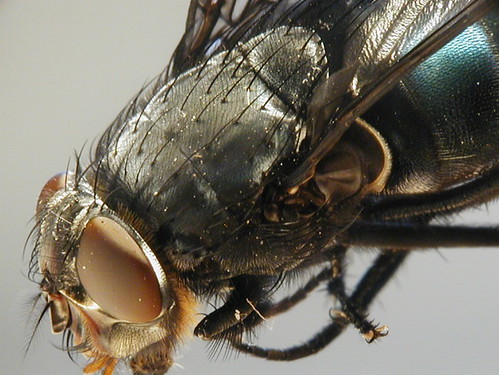The thing to remember is that, at this point, what you’re reading is straight first draft. There’s been a shift in my working methods, brought about mostly by a change in schedule at the day job; my time at the keyboard is sharply limited, so just about everything is transcribed from longhand, with minimal tinkering afterwards.
The Honeythief is the first long work I’ve ever done this way. For ages I wrote only at the computer; even when I started The Honeythief, I was using the Moleskine mainly for notes and sketches to be reworked in Word. Gradually, though, the model reversed itself. So now I’m writing a few weeks ahead, but it’s all hand-written all the time. Every ten days or so I plunk myself down at the PC for a marathon transcription session, but I’m not exactly laboring over it; I clean up the obvious howlers, add a few typos, and then just put it out there, more or less unedited. When the manuscript is ready, it will read overall more like the first few chapters, which—looking back at them now—seem so admirably tight and propulsive.
Most of all, though, it’s gonna be shorter. I originally envisioned this story as taking about 90,000 words to tell. Where I’m at now, I might bring it in under 100k, but I doubt it. Whatever my final word count ends up being, I aim to chop out 15-20% in the second draft, and send this out into the world without an ounce of fat.
The problem, of course, is telling the fat from the tissue, and it’s going to take a cool head and a keen eye for me to know what to slice. I started with an ideal of plain, forceful prose, and I’ve felt it get away from me continually; the more ornate passages can stand to be weeded of modifiers—that’s a simple fix.
But there are certain sequences of which I’m rather fond, but about which I find myself doubtful; on one level, they’re showboating, or riffs. In particular, I have a weakness for having characters tell each other stories, which may or may not be relevant to the overall narrative. I’ve justified it to myself so far on the grounds that (A) the narrative voice of the book itself constitutes a sort of meditation on the nature of storytelling, and (B) the riffs are a mode of worldbuilding, making the milieu of the story more immersive and believable.
The counter-argument, obviously, is that Tolkien doubtless felt the same about the gawdawful interminable Tom Bombadil sections of The Lord of the Rings, and many readers—and, as far as I can tell, everyone who’s ever adapted LotR for any other medium, from Ralph Bakshi to Peter Jackson to the folks behind the BBC Radio version—have found that skipping the whole mess detracts nothing from the story, and in fact improves it overall.
But I can worry about it later. My job now is just to get all the players together and let ‘em do their stuff. There will be plenty of time afterwards to send in the cops to boot out the stragglers.
In the meantime, I do hereby make a solemn pledge to you, the Reader, in the memory of old Tom Bombadil: THERE WILL BE NO POETRY IN THE HONEYTHIEF. That’s a promise.


1 comment:
Hooray for no poetry! I don't hate poetry, but sometimes...
I'd noticed that your writing was different, but I didn't think about why it might be.
Post a Comment